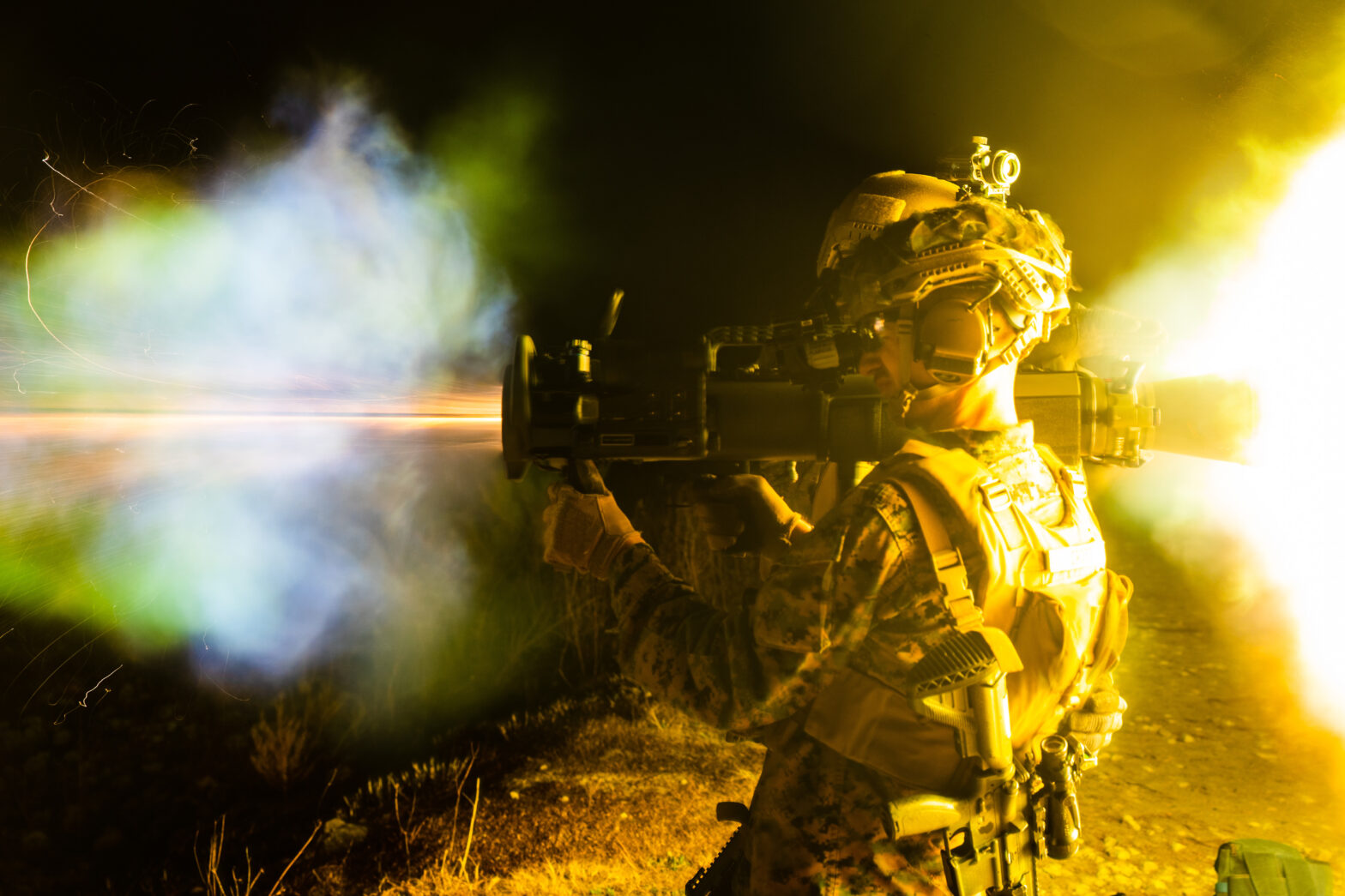Decreased testosterone levels are common after brain trauma. One study found testosterone suppression in 100% of men within 10 days after a mild traumatic brain injury. [1]
“…administration of testosterone following injury to cranial neurons has been shown to upregulate the expression of neuroprotective genes…” [2]
In other words, testosterone can help with brain health.
The vestibular system is particularly vulnerable to repeated subconcussive exposures.
This is significant as the vestibular system is vital for performance, helping with balance, keeping a target in focus with movement, and situational awareness.
Testosterone treatment after repeated subconcussive exposures has been found to improve both vestibular function and vestibular nerve cell counts. [2]
This is noteworthy as it demonstrates that testosterone treatment may help raise the bar of vestibular potential in those with repeated subconcussive exposures. This, coupled with training to maximize the performance of the vestibular system, can assist in ensuring those who are unable to mitigate all subconcussive exposures can continue to perform at a high level, and live a high quality of life.
References:
- Wagner, J., Dusick, J. R., McArthur, D. L., Cohan, P., Wang, C., Swerdloff, R., … & Kelly, D. F. (2010). Acute gonadotroph and somatotroph hormonal suppression after traumatic brain injury. Journal of neurotrauma, 27(6), 1007-1019.
- Foecking, E. M., Segismundo, A. B., Lotesto, K. M., Westfall, E. J., Bolduan, A. J., Peter, T. K., … & Byram, S. C. (2022). Testosterone treatment restores vestibular function by enhancing neuronal survival in an experimental closed-head repetitive mild traumatic brain injury model. Behavioural Brain Research, 433, 113998.
